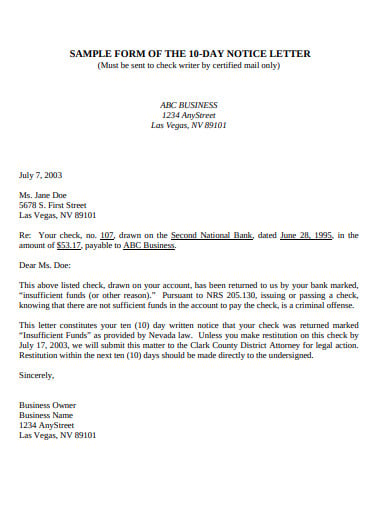

Use abusive practices or harass the debtor Lie about who they are, the amount owed, or potential outcomes The Fair Debt Collection Practices Act protects individuals from inappropriate and abusive behavior from debt collectors. Because it’s a sensitive situation, the government offers protections for people when it comes to collection agencies’ attempts to get their money. A more probable reason is that they have financial difficulties making it impossible to afford. If I had to guess, most people aren’t missing their payments simply because they don’t feel like paying. As a debt collector, there are legal requirements that you need to follow. You might be wondering what exactly I mean by “ethical.” It’s more than just writing a polite letter. Writing an effective yet ethical letter is the first step to initiating this process. But how do you get people to pay before it gets to that point? Even as a debt collector, you don’t want to handle potential lawsuits. After all, no one wants to deal with any potential legal action. The goal is that the person will finally pay, especially now that their bill is in the hands of a collection agency. Put simply, these remind an individual that they owe money.

To do this, they send debt collection letters. They then try to collect what the person owes. If a borrower doesn’t pay their bill, then the collector buys these past-due payments from the business or creditor. Debt collectors do exactly what it sounds like they do…collect debts. You might even be one yourself.īut just in case you stumbled here looking for the definition, let me summarize.

If you’re reading this blog, then you most likely know what these people do. This results in one-quarter of Americans who don’t pay their bills on time.Įnter: debt collectors. No one wants to end up in that situation, but the reality is that it can be hard to keep up with too many payments. These bills become problematic when the borrower misses a payment or stops making them altogether. For instance, homeowners make monthly mortgage payments to their lenders. Of course, people can manage these by making consistent payments to the organization they owe.


 0 kommentar(er)
0 kommentar(er)
